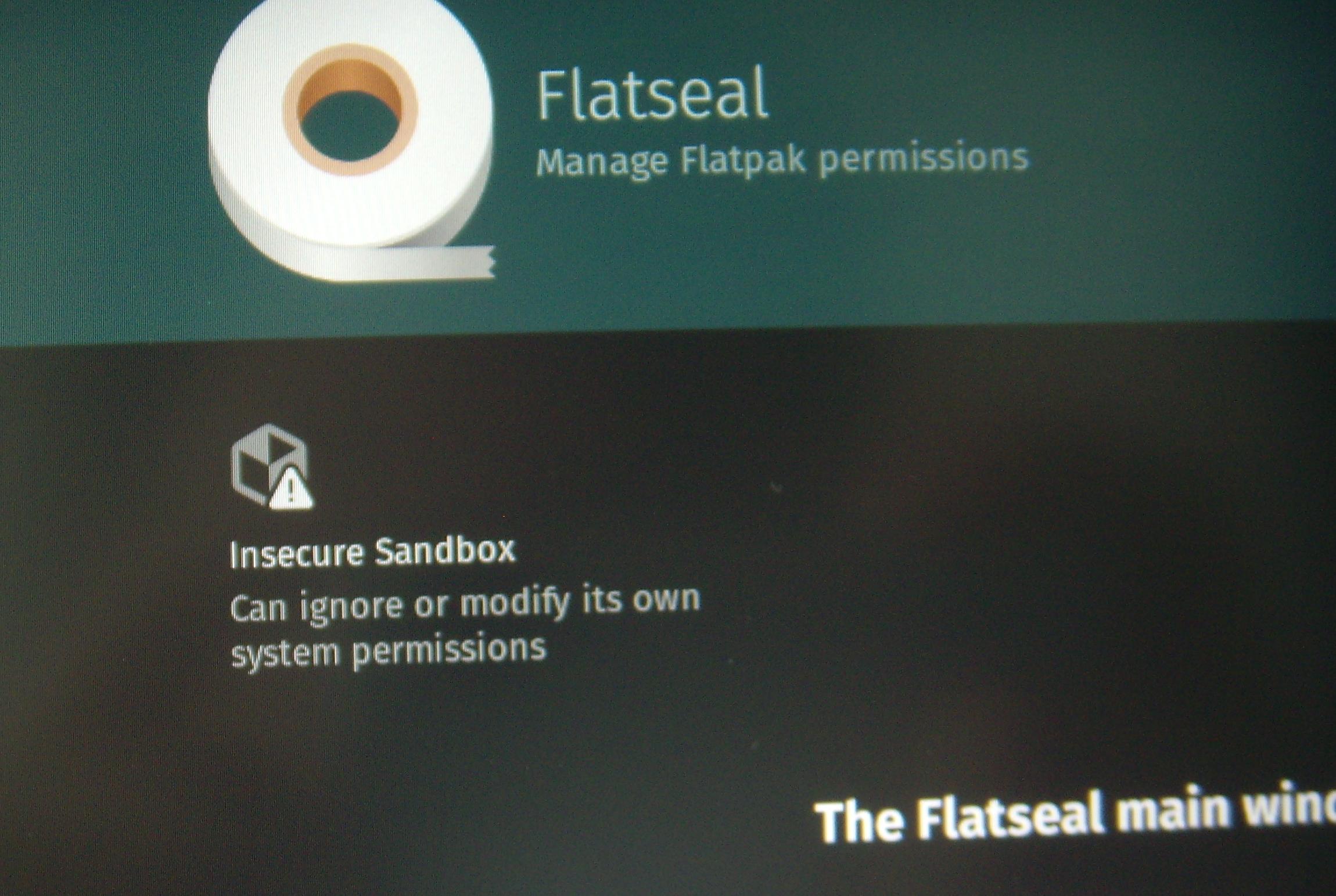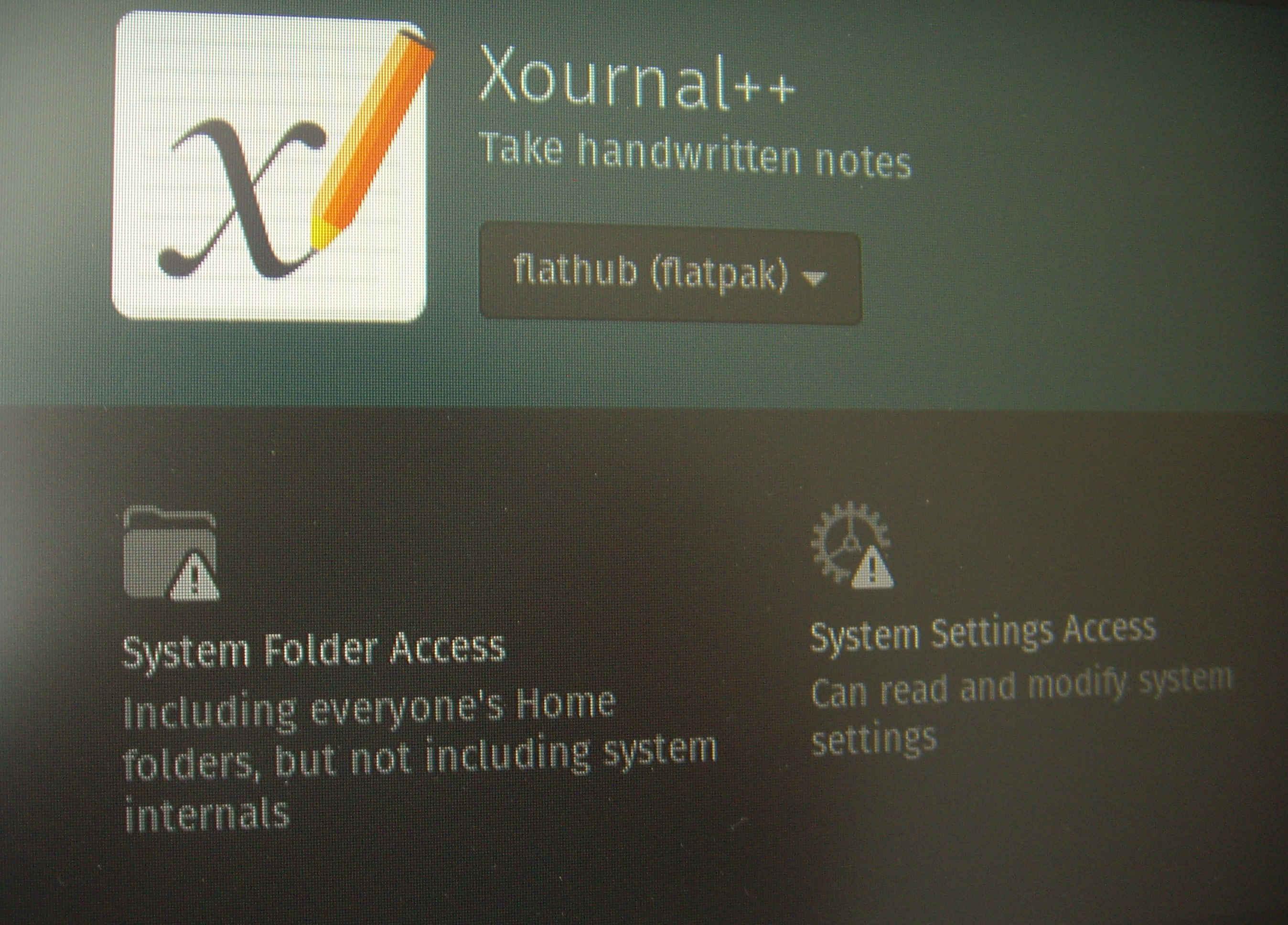Flatseal: well that's normal, it can't control Flatpak's access controls if it is itself sandboxed. Even if it was sandboxes, it could just grant itself everything.
For Xournal: it's probably because it doesn't support portals or whatever, so it can't use the open file dialog to get permissions. So it needs to be able to get to your files somehow to open them.
In both cases, it just means its permissions model is more like regular applications you'd get from your package manager. If you install Xournal with apt/dnf/pacman it also won't be sandboxed.
The point of sandboxing is you can run applications you don't trust too much, or significantly reduce the blast radius if say, your browser gets breached: then it has another barrier to overcome to reach anything other than the browser's own data. The lack of sandboxing doesn't inherently imply the app is evil or will hack you. It just means it doesn't have the extra protection around it. So like, probably don't open sketchy PDFs in it, but I wouldn't stop using the app solely because it lacks sandboxing.


